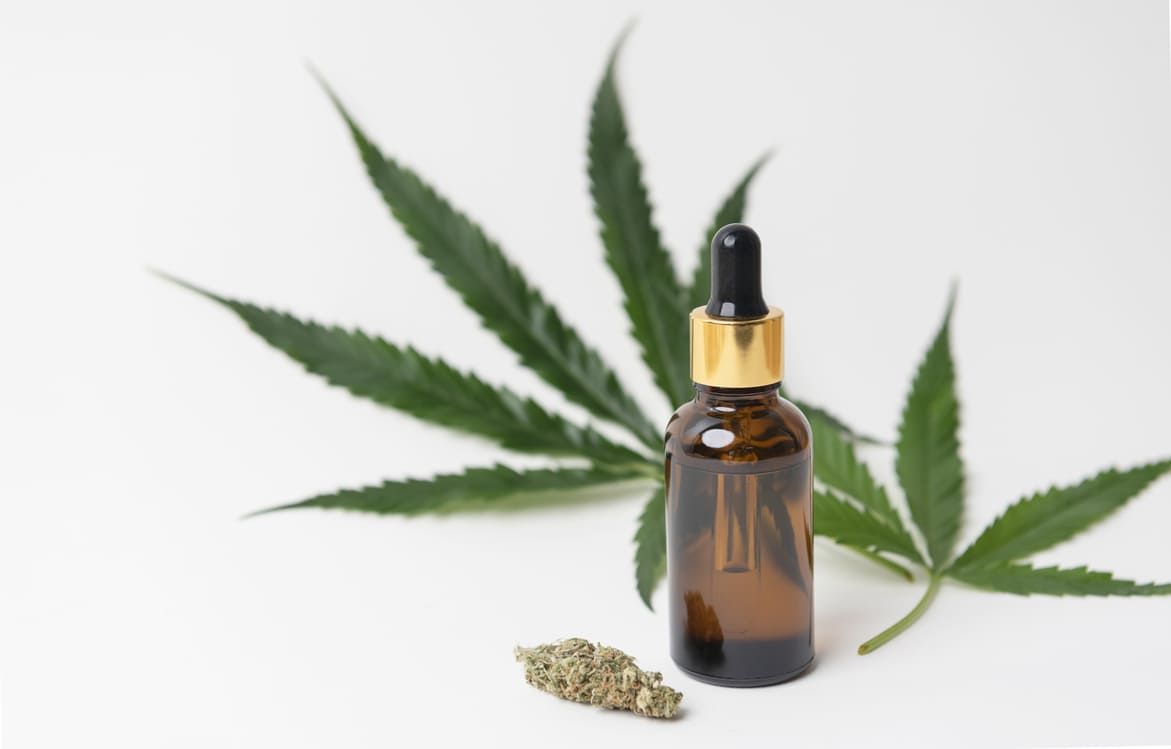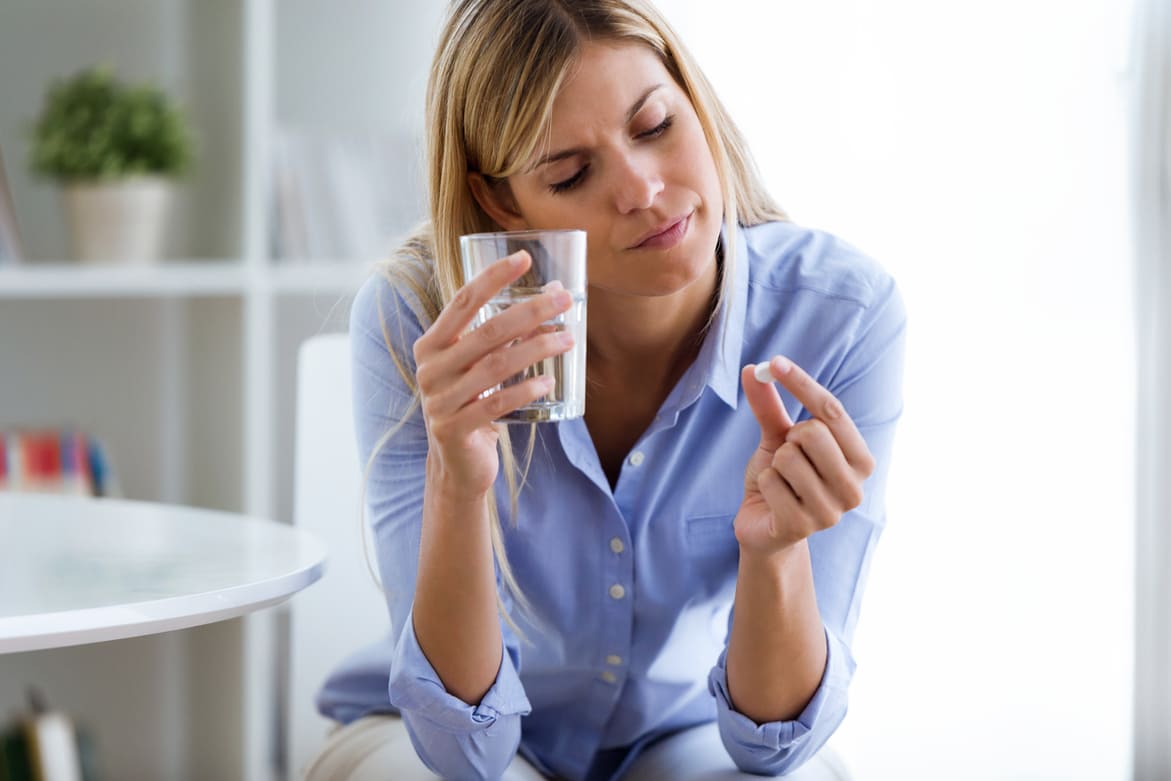Intense fatigue, lack of self-confidence, loss of appetite and motivation, sadness, physical pain... Depressive disorders are increasingly common and affect the daily lives of several million people. According to the WHO (World Health Organization), depressive disorders are the leading cause of disability and morbidity in the world. In France, it is estimated that one in five people are likely to suffer from depression at least once in their lives.
Reassure yourself, depression is not a fatality. Today, it is even one of the most treatable mental illnesses. The standard treatment is to take antidepressants for several months. However, taking antidepressants is sometimes accompanied by undesirable side effects and some people are looking for natural alternatives to give their mental health a boost.
CBD, or cannabidiol, is a natural compound extracted from cannabis plants. Well known for its multiple therapeutic benefits, CBD is a natural ingredient that helps combat stress, anxiety and chronic pain. But what about depression and mental health disorders? Does CBD act as a natural antidepressant? That's what we invite you to find out in this article.



